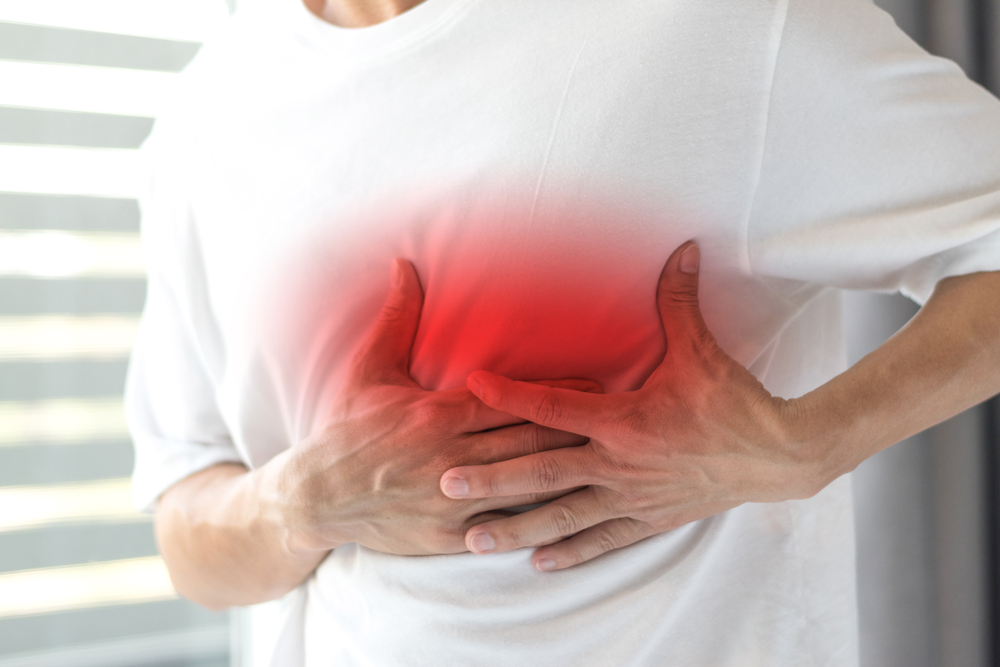DIAGNOSIS
Myocarditis is diagnosed by medical interview, physical exam and the following tests:
- Blood tests for heart muscle enzymes (CPK levels)
- ECG
- Nuclear heart scan
- Chest X-rays
- MRI
- Echocardiogram
- Cardiac catheterization
- Heart muscle biopsy (endomyocardial biopsy)
MEDICATIONS/TREATMENT
Myocarditis treatment is based on its cause. Sometimes, myocarditis may resolve on its own. In case of infections, antibiotic, antiviral or antifungal treatments may be needed.
In more severe cases of myocarditis, more specific medications or even hospitalization may be needed. Medications may include the following:
- ACE inhibitors
- Beta blockers
- Angiotensin receptor blockers
- Diuretics
- Nitrates


